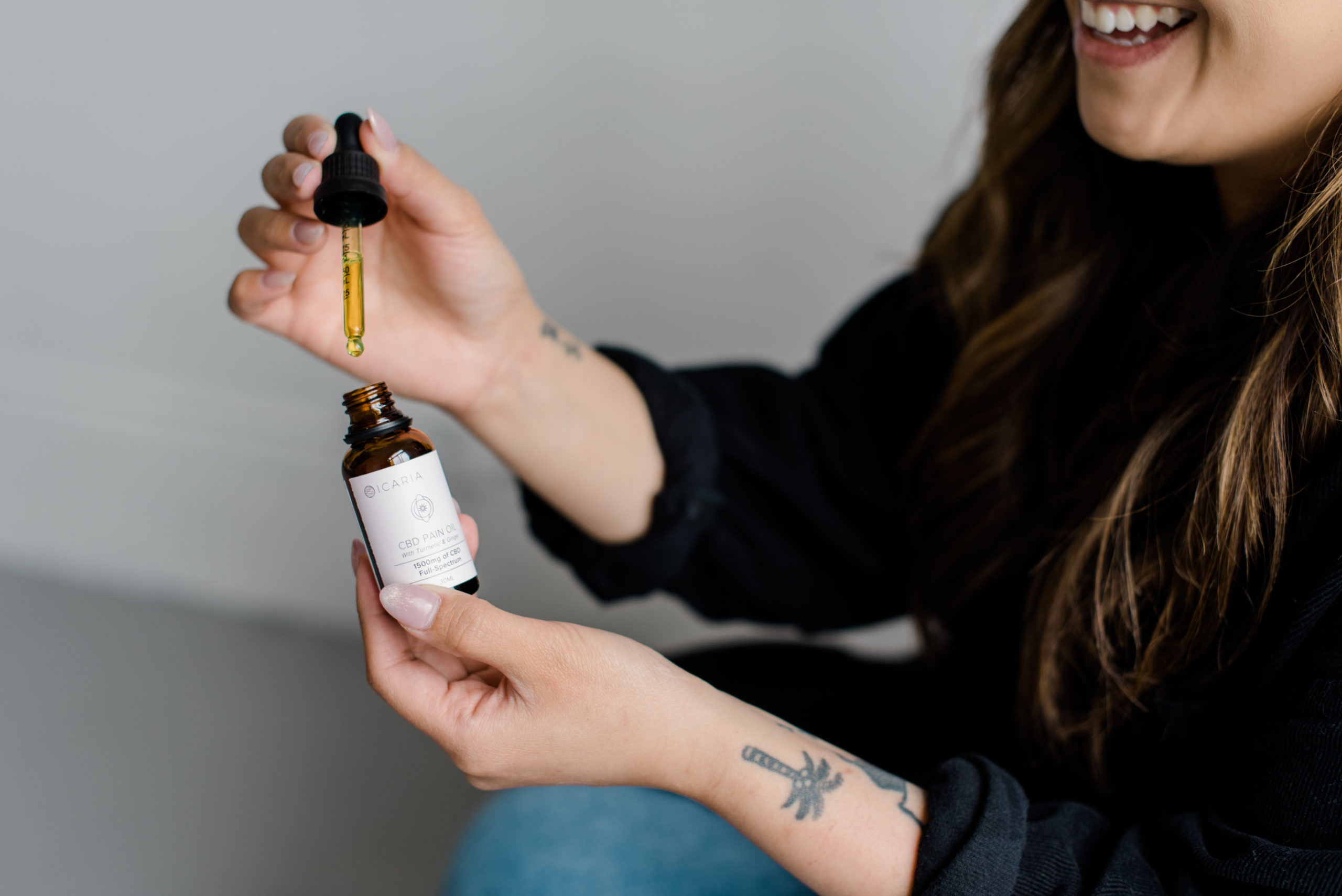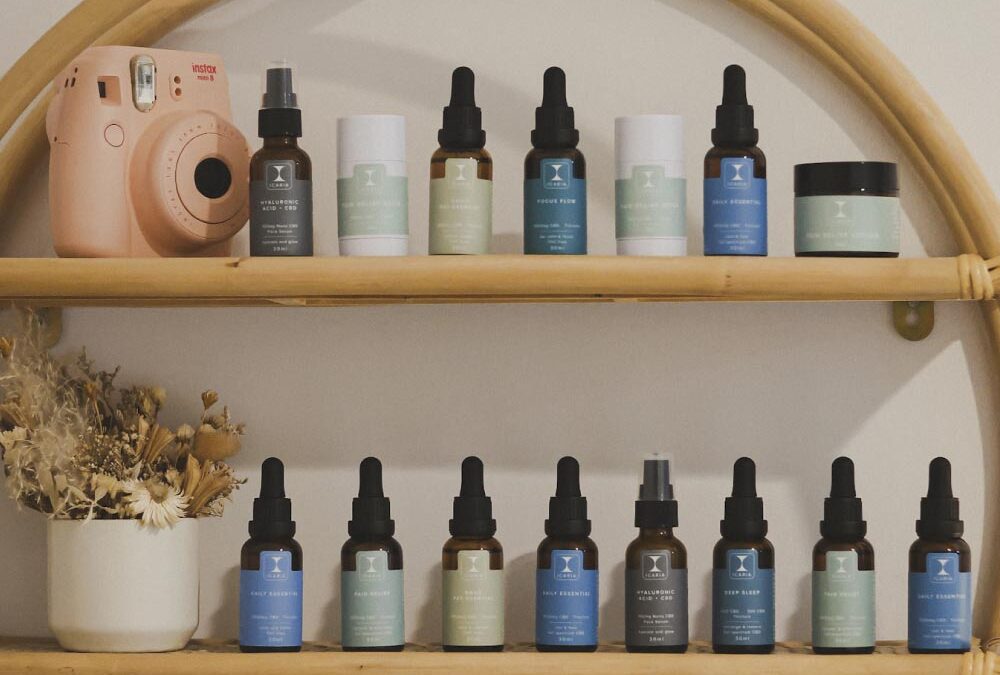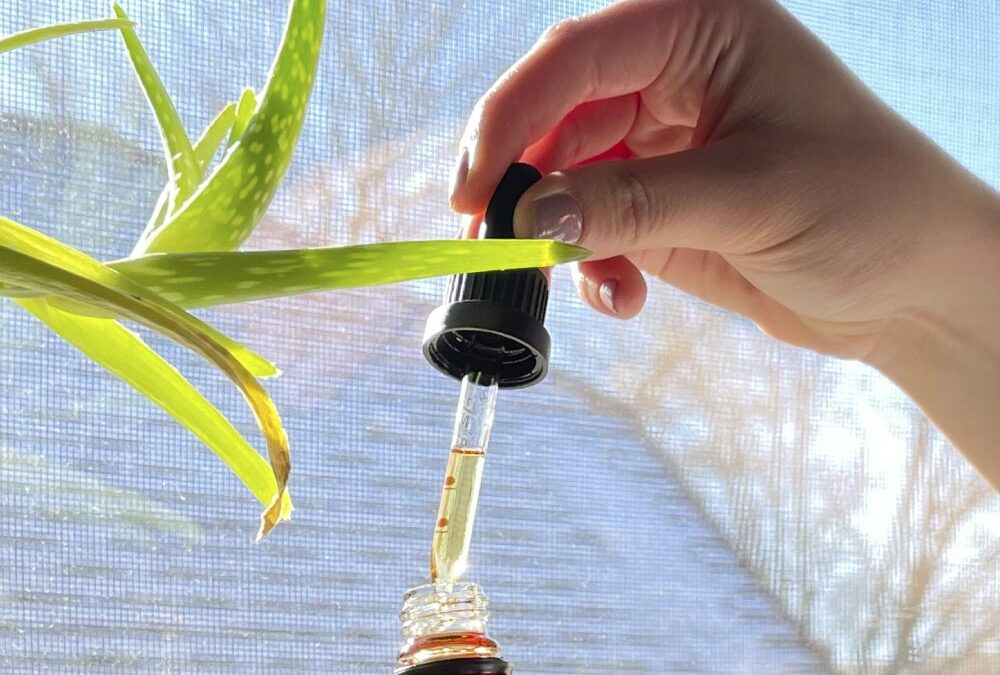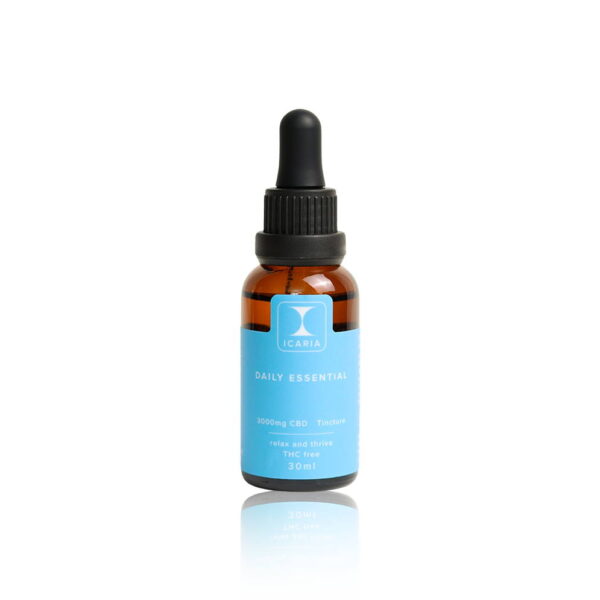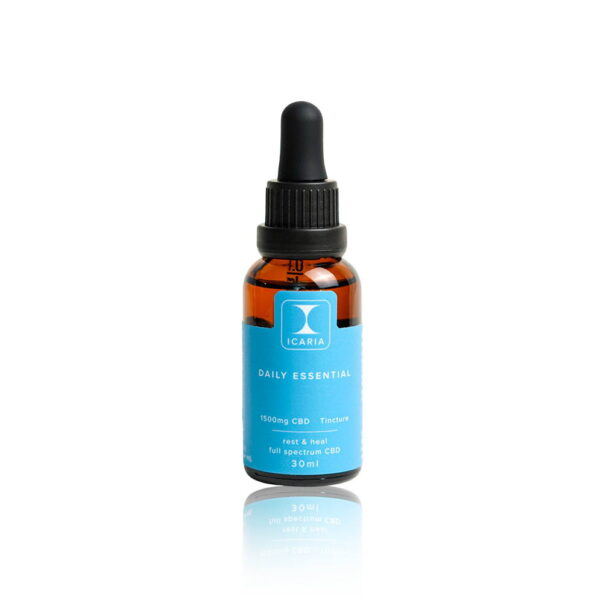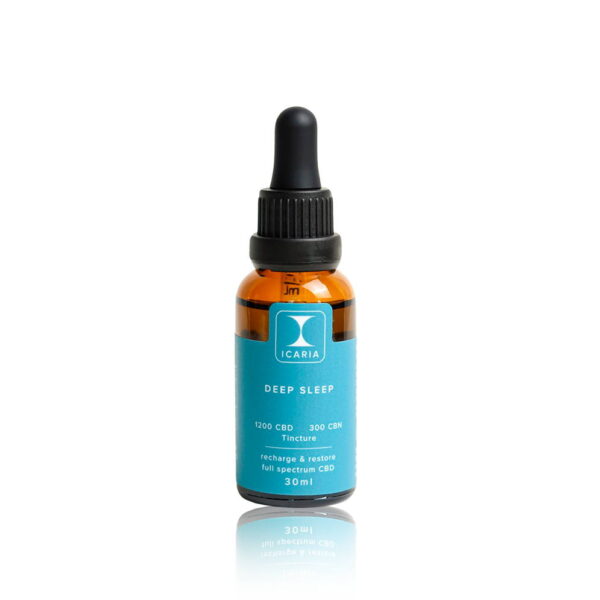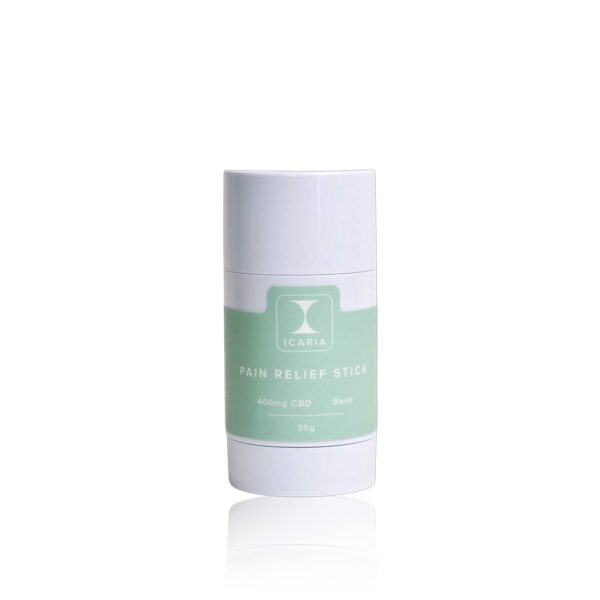Have you taken CBD oil and had trouble figuring out your dosage? If so, you might have wondered why you need to take CBD oil daily.
If you struggle with stress, anxiety, pain, or sleep disorders, CBD oil must have come up in one of those Google searches for natural and practical solutions. In recent years, CBD has become so popular it seems that we now see it everywhere — and for a good reason!
Even though there is still no significant amount of research on CBD and its properties, many brands have grown thanks to the positive — and sometimes surprising — experiences of their customers. We could even say that the massive amount of testimonies now available, prove that CBD oil can be a powerful tool for dealing with a wide range of health conditions.
Some people may see results immediately. Others may require a bit more time, patience, and consistency to find real success with a CBD oil routine. This is where daily intakes of CBD come into play.
What is the Endocannabinoid System?
First off, CBD works within the Endocannabinoid System (ECS). The ECS which responsible for maintaining homeostasis, or balance, throughout the body. It is made up of a complex network of cannabinoid receptors and endocannabinoids. Cannabinoid receptors are present across nearly every area of your body, and endocannabinoid molecules circulate in your bloodstream. The prefix “endo” means “internal or within”, indicating that endocannabinoids are cannabinoids synthesized (or created) by our own body.
That said, the life cycle of endocannabinoids depends on a number of internal and external factors. In this article, we will use as an example the physiological response to stressful stimuli. Our bodies were built to cope with short-term bursts of stress, like escaping from imminent danger or finding quick solutions to sudden problems. When such triggers present, our physiological stress response takes over, and then, once resolved, our bodies enter a calming and recovering stage.
However, modern life is constantly bombarding our bodies with micro-stressful moments — restless nights, daily job tasks, impossible traffic, balancing the many roles we have, dealing with noise pollution, managing our relationships, living with sickness, and all the other tensions that come with having a daily routine full of pressure and expectations.
Modern-day culture — and the stress that comes with it — has evolved much faster than human biology, which means that our bodies are not yet able to distinguish between the primitive struggle for survival and the stressful events that happen day to day. Failing to catch up to this difference, results in the same physiological response regardless of the threat level.
But what does this have to do with the ECS and CBD? Well, the longer our stress response is activated, the harder it is for our body systems to recover — including the ECS! In fact, much evidence suggests that the release of stress hormones such as cortisol and adrenaline can deplete circulating endocannabinoid levels, which are essential for proper ECS function. Therefore, when our stress response is constantly activated, you may experience a decrease in endocannabinoid levels.
Our ECS, remember, is responsible for maintaining homeostasis, and plays a role in regulating everything from mood, to sleep, to immune function, hormone regulation, and more. However, when our ECS itself is not balanced, it is unable to properly regulate these other systems, which can result in an array of wellness challenges.
How Does CBD Work?
Did you know that CBD is a phytocannabinoid? Phytocannabinoids are cannabinoids synthesized by plants (particularly cannabis and hemp) as noted by the prefix “phyto”. These plant-based cannabinoids share a strikingly similar molecular structure with our body’s own endocannabinoids, suggesting that, in many ways, these molecules are functionally similar as well (meaning they work in the same way). Early research has shown that endocannabinoids and phytocannabinoids behave similarly in their ability to bind to and activate the cannabinoid receptors of the ECS.
In addition, recent studies have uncovered an interesting relationship between CBD and the enzymes responsible for the breakdown of endocannabinoids, noting that CBD may bind to and deactivate these enzymes for a short period of time. Therefore, when using CBD, not only are we providing the body with phytocannabinoids, but we are also enabling it to create its own endocannabinoids again; which turns the body into an even more balanced system.
How to Take CBD?
When taken every day, and with a customized dosage routine, most say CBD oil helped them meet their long-term health goals. CBD doesn’t help the body by toning down the external factors that are stressing you out; it helps the body cope with said factors. The reason to take CBD oil daily is to maximize the strength and effectiveness of the body’s ECS, but your health goals will determine when doses are best taken to find the best success. While most of our customers at ICARIA who take CBD oil daily report benefits such as decreased pain, reduced mental strain, and better sleep within their first few weeks, many benefits of a highly functioning ECS are not fully experienced right away.
Conclusion
Along your CBD oil journey, don’t be afraid to try different things! Every woman’s body is different, which means there isn’t a one-size-fits-all CBD oil dose. Depending on the delivery method and dose, the full effects of CBD oil may only remain in your system for 4-12 hours, so it’s important to be thoughtful and consistent with your CBD oil intake.
